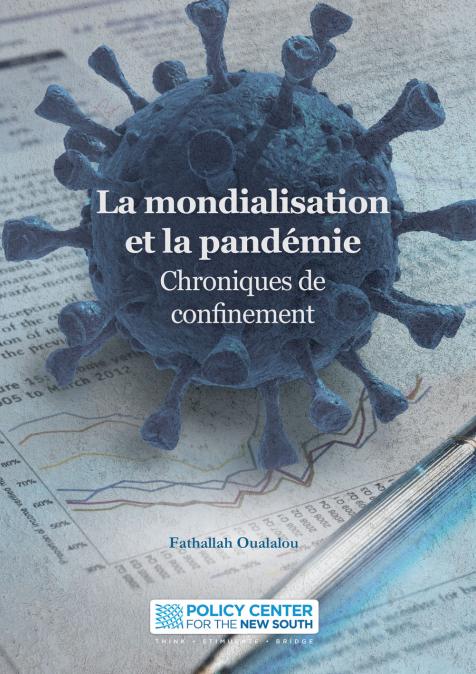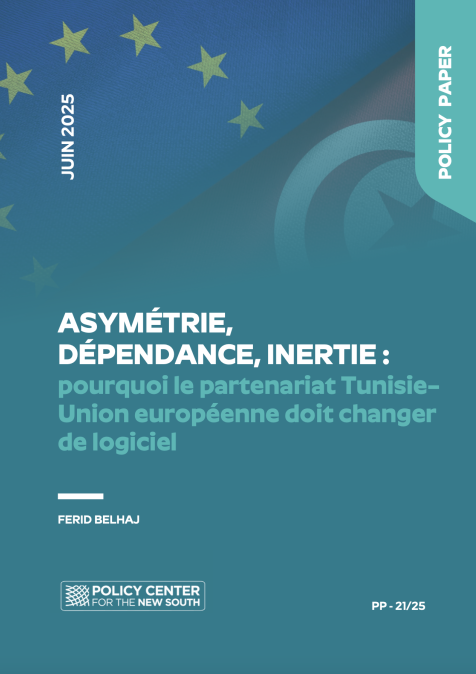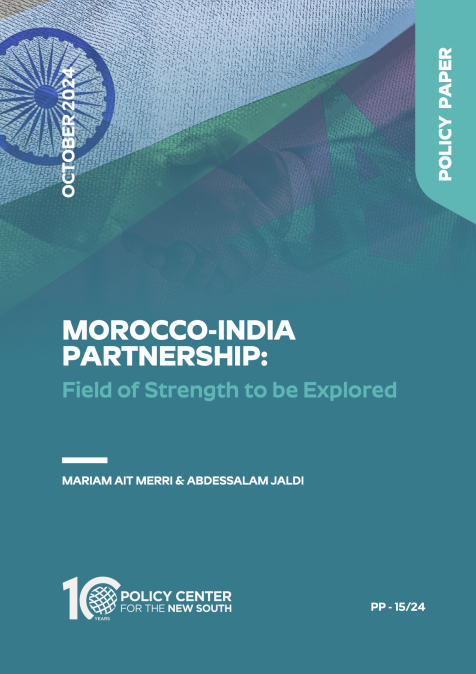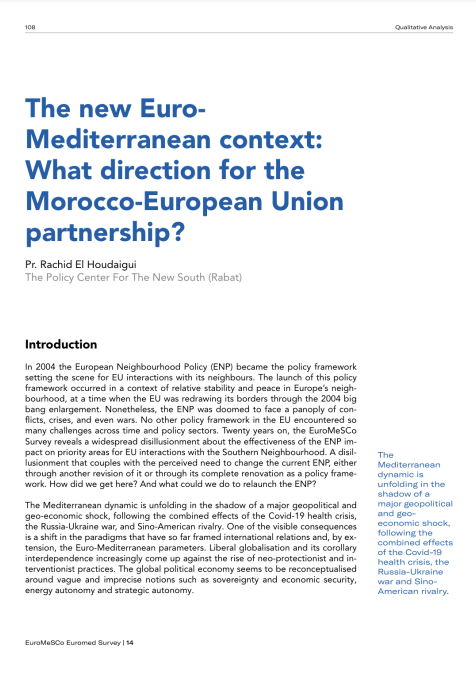Publications /
Book / Report
En février 2020, j’ai publié un livre, « La mondialisation et nous », dans lequel j’ai analysé la place du sud dans les grands chamboulements que connaît cette mondialisation. Les mots clés des quatre chroniques contenues dans le présent cahier : vulnérabilité / fragilité / chamboulement / incertitude / imprévisibilité / sidération / régionalisation / relocalisation / santé / environnement / équité / réputation / épreuves / opportunités sont ceux qui sont revenus récurremment sous la plume de tous les analystes, ceux de la crise COVID-19 ou ceux du confinement qu’elle a imposé à la planète et de ses conséquences économiques. Depuis le début du siècle, le monde a subi trois déstabilisations majeures : un séisme géopolitique (11 septembre 2001) qui a révélé l’existence d’antagonismes d’ordre identitaire, culturel voire religieux, une crise financière et économique (de 2008) qui a modifié les rapports de force entre les grandes puissances - au détriment de l’Europe – et, aujourd’hui, une crise sanitaire à l’origine d’un effondrement généralisé de l’activité économique et des systèmes productifs. Deux décennies de bouleversements donc, mais marquées par l’apparition de trois tendances nouvelles : la montée en puissance de l’Asie, le dynamisme des forces motrices représentées par les technologies numériques et une nouvelle bipolarisation économique du monde autour des Etats-Unis et de la Chine. La crise du COVID-19 a été à la fois un révélateur et un accélérateur de ces tendances.








